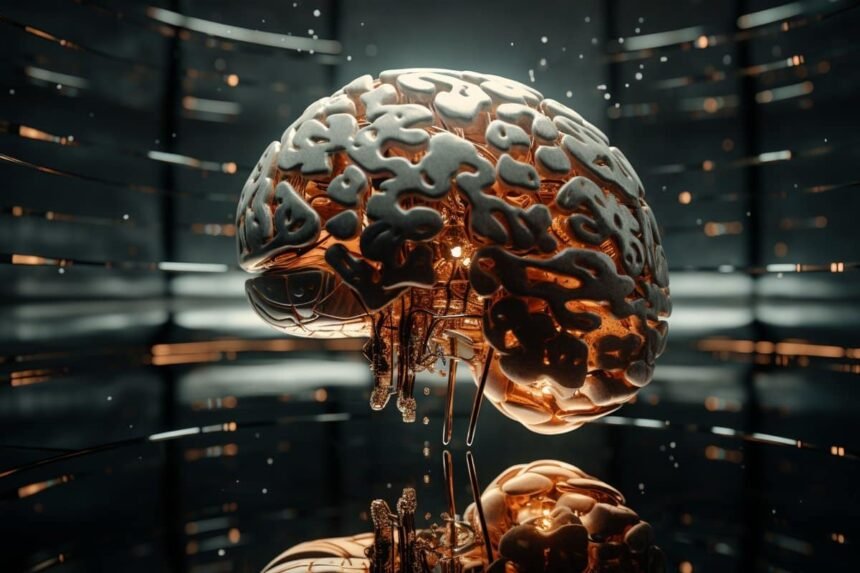As artificial intelligence (AI) develops, efficiency and speed are no longer the only considerations. Researchers at University College London (UCL) are now exploring a field that mirrors the complexities of the human mind with the explicit goal of mimicking the brain’s memory functions. Concerns over the possible ramifications of giving robots human-like memories and creative faculties are raised by this emerging area of artificial intelligence (AI), which aims to imitate the hippocampus and neocortex network.
An Unsettling Convergence of AI, Memories, and the Human Mind
Artificial intelligence (AI), which was formerly thought regarded as a tool to increase production, is currently experiencing changes that mimic the cognitive capacities of the human brain. AI is being directed by UCL researchers to comprehend memory systems like the neocortex and hippocampal regions that are linked to preparation, creativity, and recall.
The audacious experiment at UCL that aims to teach AI the fundamentals of human memory. An artificial intelligence model was fed over 10,000 photos of kids playing in parks, classrooms, and kitchen settings by UCL researchers in a ground-breaking experiment. Learning to model the neocortex of the brain was the aim. The outcomes were exciting and frightening at the same time as the AI model showed that it could combine pictures and create new situations using the information it had absorbed.
The Catastrophic Potential of AI Acting Human-Like
Anxieties are high when AI reaches into the domain of human cognition and memory. Concerns about ethics and public safety are raised by robots’ capacity to produce new material in addition to absorbing existing knowledge. It is unsettling to consider the undiscovered region of AI development and to consider ethical problems raised by robots’ capacity to not only consume knowledge but also produce new material. Many exciting and unsettling possibilities arise from the effort to teach AI to think like humans.



